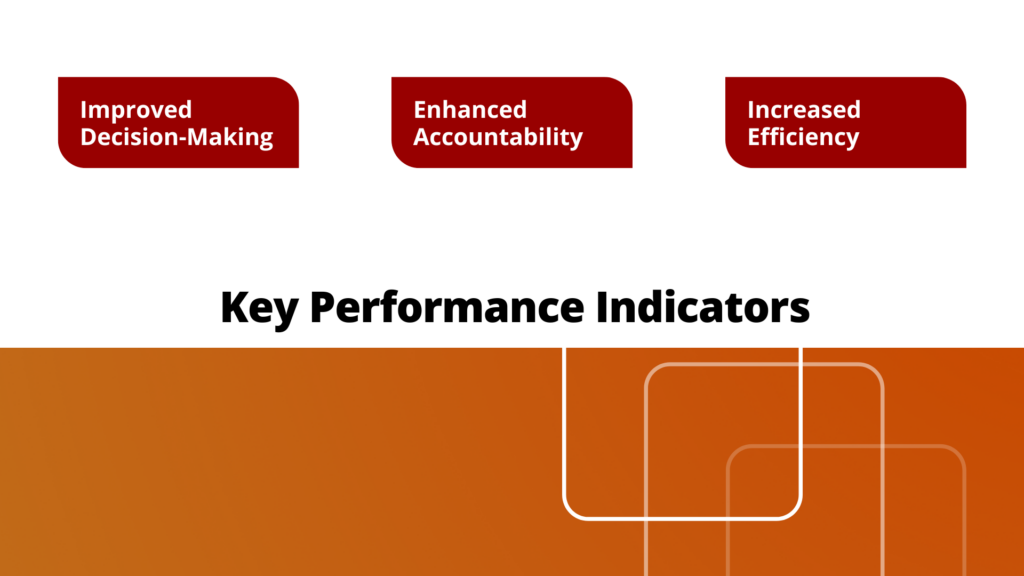In today’s fast-paced business world, companies are working hard to keep up with the competition by keeping a close eye on how well they’re doing compared to their goals and plans. Key Performance Indicators (KPIs) are like signposts along the way, giving us important information about how different parts of the business are doing. With tools like Oracle APEX, businesses can use these KPIs to make smart choices and reach their big-picture goals.

Understanding KPIs
KPIs are measurable indicators that assess how well an organization, department, or person is performing in relation to set objectives. They act as navigational tools, directing businesses toward success by pinpointing strengths and areas needing enhancement. These metrics can differ greatly based on the type of business and its goals, typically covering areas like sales, customer happiness, operational effectiveness, and financial well-being.
Oracle APEX: A Powerful Platform for KPI Management
Oracle APEX offers a robust and user-friendly platform for crafting online applications, making it an excellent option for building KPI dashboards and monitoring tools. With its wide array of capabilities, such as interactive reports, graphs, and dynamic functionalities, APEX enables businesses to develop customized KPI monitoring solutions that meet their unique requirements.
Implementing KPIs in Oracle APEX
- Data Collection and Integration: The first step in implementing KPIs in Oracle APEX involves collecting relevant data from various sources within the organization. This data may reside in databases, spreadsheets, or external systems. APEX supports seamless integration with Oracle databases and other data sources, enabling users to consolidate data for analysis and reporting.
- Designing KPI Dashboards: Once the data is available, users can design interactive dashboards in Oracle APEX to visualize key performance metrics. APEX offers a wide range of chart types and visualization options, allowing users to create dynamic and insightful reports that highlight trends, patterns, and exceptional data points.
- Defining KPI Metrics: In Oracle APEX, users can define KPI metrics using SQL queries and calculations. By leveraging APEX’s built-in functionalities, such as computation columns and aggregations, users can compute KPI values based on real-time data and business rules. These computed metrics can then be displayed prominently on the dashboard for easy monitoring.
- Setting Thresholds and Alerts: To proactively manage performance, users can set thresholds and alerts for each KPI in Oracle APEX. Thresholds define acceptable ranges or targets for KPI values, while alerts notify users when predefined thresholds are exceeded or deviated from. This enables stakeholders to take timely action in response to changing performance conditions.
- Implementing Dynamic Actions: Oracle APEX allows users to implement dynamic actions based on KPI values and user interactions. For example, users can configure dynamic actions to trigger alerts, send notifications, or execute custom scripts when specific KPI thresholds are met or exceeded. This enhances the responsiveness and effectiveness of KPI monitoring processes.
Benefits of Using KPIs in Oracle APEX

- Improved Decision-Making: By providing real-time visibility into key performance metrics, Oracle APEX enables stakeholders to make informed decisions and strategic adjustments as needed.
- Enhanced Accountability: KPI dashboards in APEX promote transparency and accountability across the organization, fostering a culture of continuous improvement and goal alignment.
- Increased Efficiency: With automated data collection, analysis, and reporting capabilities, Oracle APEX streamlines KPI management processes, saving time and resources for businesses.
Conclusion
Incorporating Key Performance Indicators (KPIs) into Oracle APEX empowers organizations to monitor, analyze, and optimize their performance effectively. By leveraging APEX’s advanced features for data visualization, computation, and automation, businesses can gain actionable insights into their operations and drive sustainable growth. With Oracle APEX, businesses can transform raw data into valuable intelligence, enabling them to stay ahead in today’s competitive marketplace.

